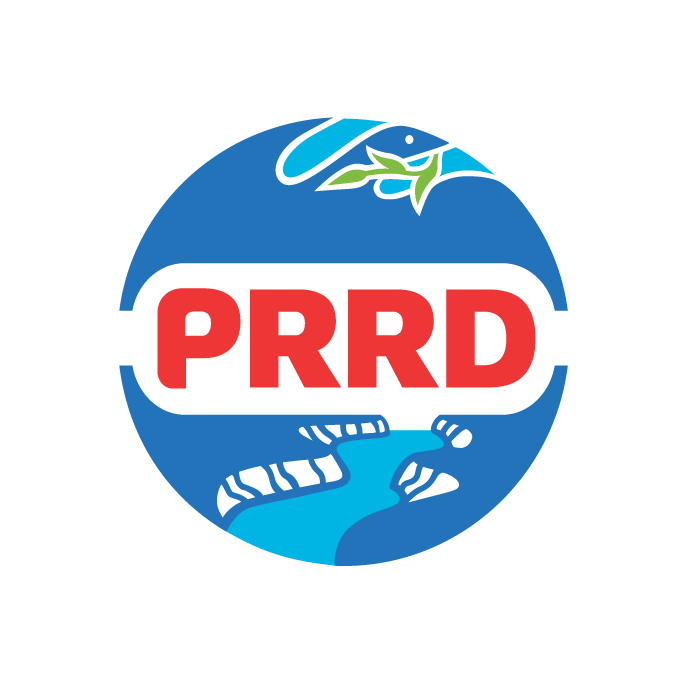The 2024 Annual Report provides a comprehensive overview of the financial activities, achievements and strategic priorities over the past year. It highlights the dedication of our Board of Directors, leadership team and staff in serving our communities while maintaining fiscal responsibility and transparency.
A key focus of this report is the PRRD’s strategic initiatives, which align with our commitment to addressing regional priorities and supporting our communities. Financial highlights, including detailed statements and analysis, provide a clear picture of the PRRD’s financial health and stewardship of public resources.
You can view past reports:






